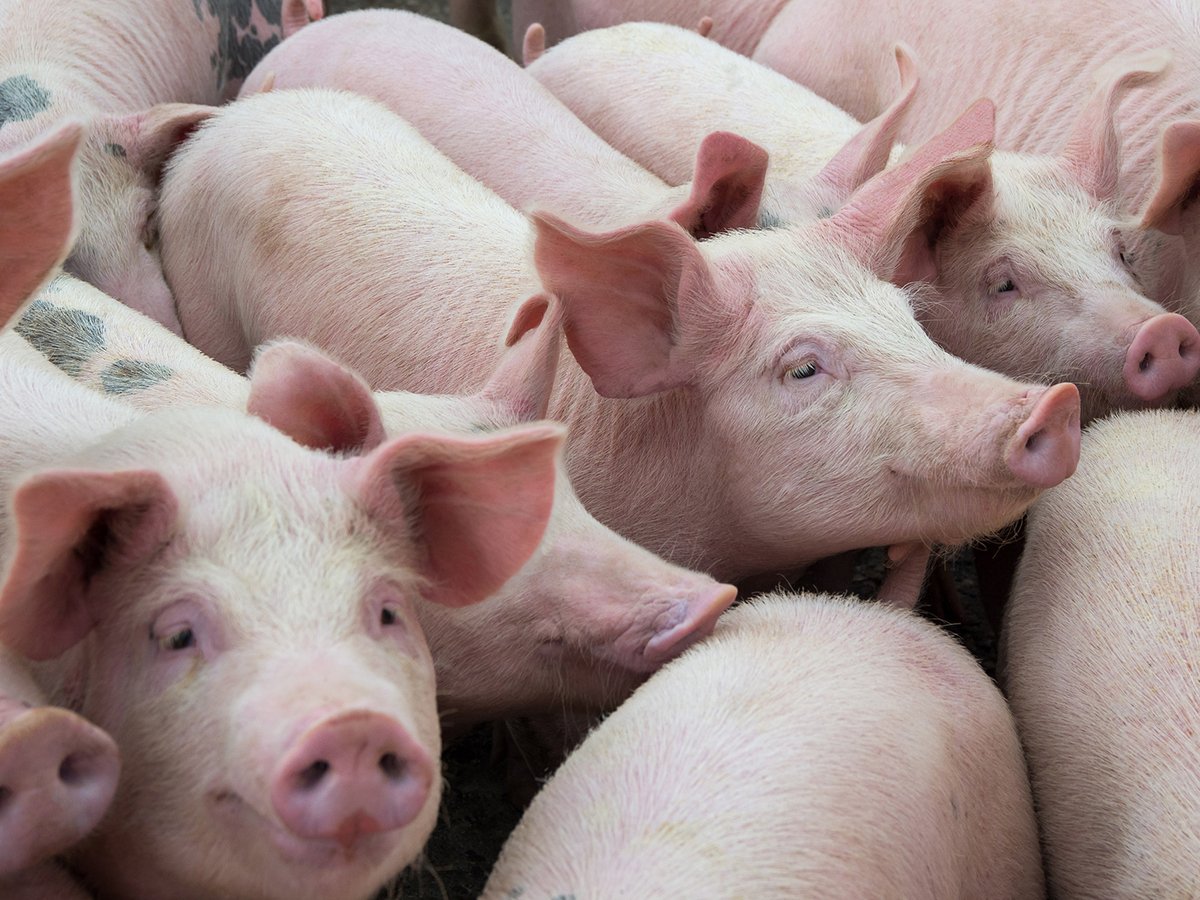SASKATOON – Brad Wildeman is puzzled.
He doesn’t understand why federal and provincial governments won’t consider changing business risk management programs to better suit cattle producers.
“I don’t remember cattle people ever being at a meeting asking for changes and the first time we come here they tell us they’re tired of making changes,” the president of the Canadian Cattlemen’s Association said of a recent meeting in Toronto.
Wildeman said numerous changes have been made to accommodate the concerns of grain growers.
Now that the grain economy has perked up, he wonders if ministers are so relieved that they think they deserve a break from changing AgriStability programs.
Read Also

Quebec pork company calls for transparency around gene-edited pigs
Quebec-based pork company duBreton is calling for transparency around meats from gene-edited pigs on concerns that a lack of mandatory labelling will confuse consumers, and dilute certification claims. The organic sector is also calling for labelling rules.
He told the recent Saskatchewan Stock Growers Association convention that officials at the federal-provincial agriculture ministers’ meeting at the end of May seemed disinterested in helping.
“The questions that they asked weren’t that engaging and I think a lot of it was their minds were made up,” he told reporters. “Even the questions that we had, it just seemed to me that there wasn’t a keen interest to do anything.”
Saskatchewan agriculture minister Bob Bjornerud said he understands the programs aren’t working for everyone.
“We’re putting a lot of money in and yet if you ask any producer here today I doubt very many will say, ‘oh, they’re working good,’ ” he said at the Saskatoon convention.
The minister continues to work at transferring the program administration to Saskatchewan. As well, he likes an Alberta idea that would simplify the program, although he declined to provide details.
“It’s nothing very far down the road yet,” he said, but he described it as a “simpler version of where we are today.”
Wildeman said he believed Bjorne-rud supports cattle producers but other provinces don’t see the value of helping one sector when others are also struggling.
“If you don’t get them all together, you get nothing, and that’s the problem,” he said. “It’s not about convincing (federal) minister (Gerry) Ritz or minister Bjornerud by himself.”
Wildeman said the cattle industry will get through this downturn but won’t emerge the same. There will be fewer producers and fewer cattle.
He added that the industry must do a better job of promoting itself by talking about what it does for the economy, the environment and biodiversity.
Producers shouldn’t assume that people know these things, he said, pointing out that there are agriculture ministers who aren’t farmers who sit at cabinet tables with others who aren’t farmers.
Wildeman encouraged older producers in particular to embrace changes, such as on-farm food safety audits for the sake of the industry.
“Internally the trouble with our industry is we have 150 years of history unencumbered by progress sometimes and that we’re not prepared and that we don’t want to make the changes that we should,” he said.
Producers heading for retirement may not see the value in change but younger operators have to do business in a different world, he said.

















